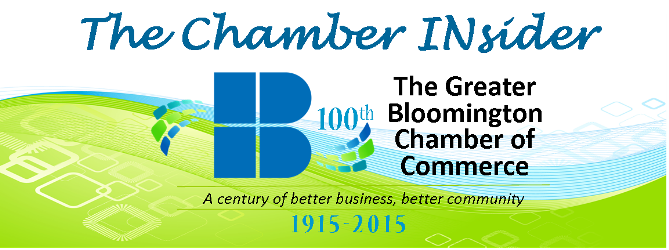The work environment is quickly changing, driven by new technology and the need for constant communication and accessibility. As technology advances makes it simpler to check your email and talk to clients while out of the office, many people have found that a normal 9-5 workday no longer exists for them. Also, with the convenience of technology advances, employers now have increased expectations of their employees’ availability.
So my question is when do you know to turn off? Is it acceptable to check your email and voicemails right when you roll out of bed or should you wait till you get to work to start your workday? Many arguments concerning the benefits and costs have been presented on this idea. I believe there are both pros and cons to this idea of being perpetually tethered to the office. So to answer my question, I believe you must know when to turn off and to metaphorically ‘leave the office’ by looking at a 24 hour workday with an economic view.
When I say economic view, I mean by analyzing the marginal benefits and costs of checking your email one more time, taking a work call, or working on a project for another hour. In economics, marginal benefits and costs are taken in to context with how many units a firm should buy of a product by the benefit or cost of adding another unit. However, I am using marginal benefits and costs in context of how much benefit you’ll receive from a never ending workday. If working on a project another hour will benefit you more by having more time to work on other projects tomorrow than watching an episode of Lost then an extra hour will benefit you. However, is the benefit of spending time dealing with a client for another hour at night more than the cost of losing time with your family? When deciding if working a bit longer or if checking your email at dinner is beneficial consider the costs you will face as well. If those costs outweigh the benefits then that work project will still be on your desk tomorrow and vice versa. If the benefit of dealing with a client is greater than the cost of missing one dinner with your family than the longer hours that day are worth it.
Business related matters shouldn’t overshadow more important personal ones. But, allowing yourself to be more accessible and flexible concerning working out of the office may just save you an important client and gain you more time on the weekend. By viewing a 24 hour workday by the marginal benefits and costs, you’ll be able to analyze whether each work responsibility is necessary to finish that day which can provide you more personal time as well as great work results.


